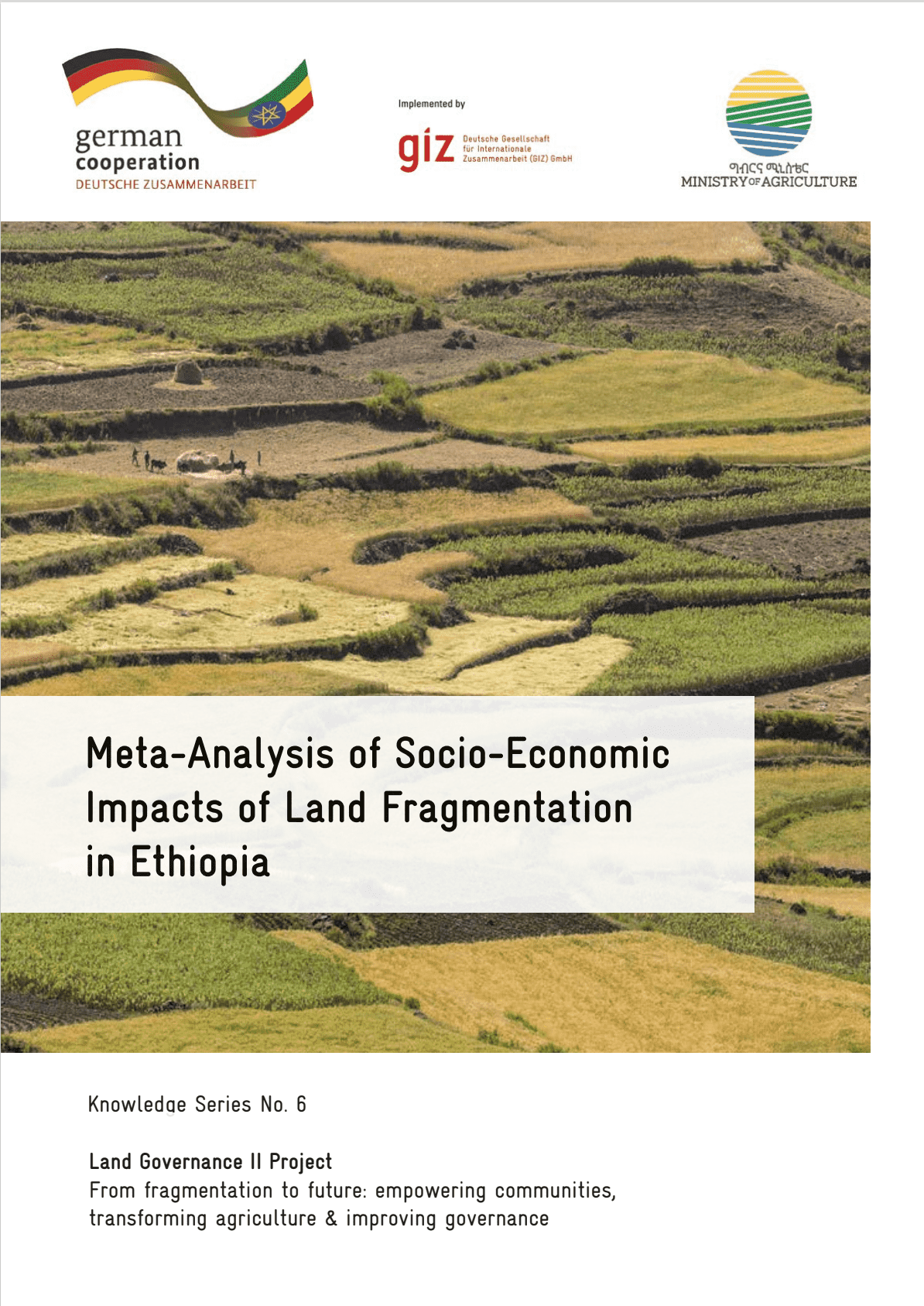This study contributes to the observed reduction of arable lands discourse by examining the shift in land use patterns as well as factors influencing farmers' shift from crop production to mining activities. To achieve this, we employed a combination of Geographic Information System (GIS) technology and Cragg's Double Hurdle Econometric Model as analytical tools.
The International Livestock Research Institute (ILRI) is implementing a food safety project, Strengthening Capacity, Incentives and Institutions for Food Safety in Ethiopia (SCIIFS), aimed at improving the capacity of food safety regulators.
We analyze rural households’ purchases of food (cereals and non-cereals) in Sub-Saharan Africa using nationally representative data with 65,000 observations covering 7 countries over a decade. We distinguish between three strata of countries: lower stratum in income and urbanization, middle stratum, and upper stratum. The paper breaks ground by the breadth and time length of the sample.
Land is an increasingly scarce resource that plays a critical role in achieving many Sustainable Development Goals (SDGs). Land scarcity, namely the imbalance state between cropland availability and demand, can be mitigated by the trade of agricultural products, but how effective it is remains unclear.
This study addresses the significant issue of land fragmentation in Ethiopia, which is characterized by small, irregular, scattered parcels with no or adequate road access. With landholders owning multiple small and dispersed parcels, averaging 1.5 hectares, the situation demands urgent policy intervention.
Much has been made of the potential for aquaculture to improve rural livelihoods and food and nutrition security in Africa, though little evidence exists to back such claims. This study, conducted in northern Zambia, assessed the benefits of adopting aquaculture by comparing a sample of households with (n = 177) and without fishponds (n = 174).
Cette publication présente le travail d'une feuille de route développée pour les gouvernements et les communautés intéressés par la mise en œuvre de la méthodologie des écoles durables, développée par le gouvernement du Brésil, par le biais de l'Agence brésilienne de coopération, du Fonds national de développement de l'éducation et de la FAO.
Achieving Sustainable Development Goal 2 (SDG 2), Zero Hunger, by 2030 is in jeopardy due to slowing and unequal economic growth, climate shocks, the COVID-19 pandemic, conflict, lackluster efforts toward investing in food system sustainability and agricultural productivity growth, and persistent barriers to open food trade.
This study focuses on land fragmentation in Ethiopia, exploring its impact on agricultural productivity and rural development. It proposes strategies for addressing fragmentation through land consolidation. The study employs a robust methodology, including data collection and analysis of data, along with a meta-analysis of existing reports and studies on land fragmentation.




